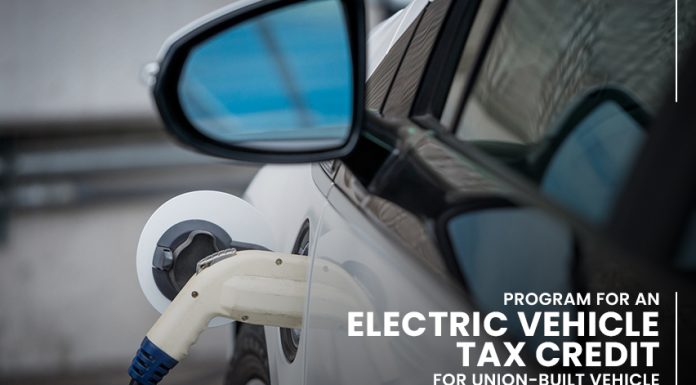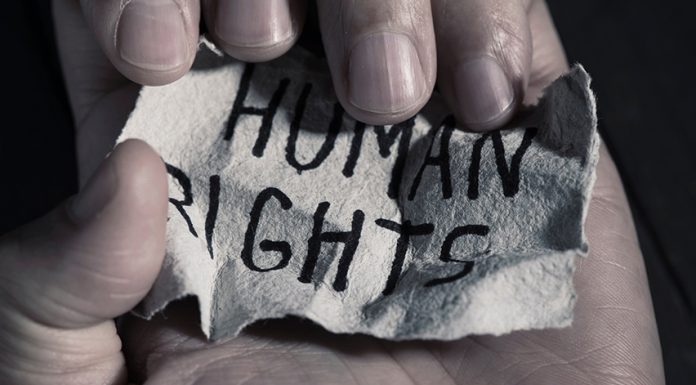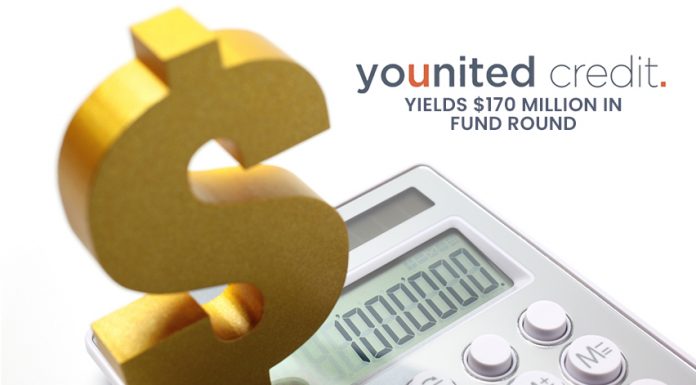Credit-card delinquency rates in the US are rising, especially among the young people who can open a credit card more quickly than a decade ago, according to a new report by the Federal Reserve Bank of New York.

Overall, 5.04% of credit card loan balances were at least 90 days past due at March 31, higher than 4.72% during the same period in 2018. It was the first time the 90-day delinquencies topped 5% since 2012, the New York Fed said.
The bank said around 8.05% of credit card balances carried by people aged 18-29 were unpaid by 90 days or more in the first quarter of 2019, an increase from 7.34% in 2018 and 6.03% in the first quarter of 2015. Delinquency rates among older individuals are also slowly rising, but are still below the rate for the youngest borrowers.
The New York Fed linked the rise in delinquencies within this demographic to the increase of younger borrowers. More than half of young adults ages 20 to 29 opened credit card accounts in the first quarter, compared with a low of 41% in 2012.
In 2009, a law presented more restrictions to credit-card companies in recruiting college students that led to a shrinking of the number of young cardholders. That trend has reversed in recent years because of looser underwriting standards. Nowadays, roughly 52% of people in their 20s have at least one credit card, the report found.
Despite the rising delinquency rate, only 14,000 individuals aged 18-29 filed for bankruptcy in the first quarter this year.
These delinquencies can impact the credit scores of young cardholders, which can reduce their chances of securing mortgages as well as personal or small business loans in the future.
Earlier this month, Democratic presidential candidate Bernie Sanders and Democratic Rep. Alexandria Ocasio-Cortez of New York joined forces to propose legislation that puts a cap on credit card interest rates at 15%.













